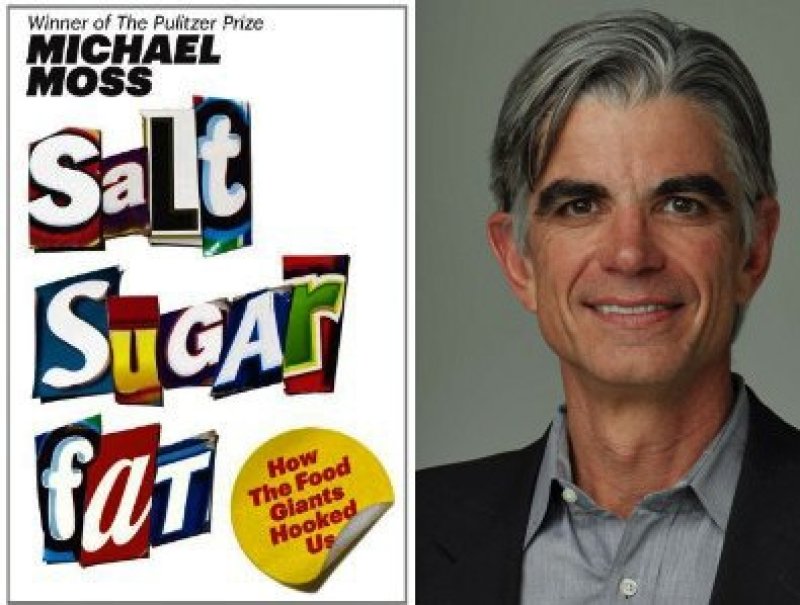Michael Moss is a Pulitzer Prize winner for his 2009 New York Times expose on the dangers of contaminated meat. He’s also the author of the best-selling, critically-acclaimed book, Salt Sugar Fat, that went behind-the-scenes in the food industry, and was praised for its exacting research and attention to accuracy.
He’s not one to say something ignorant and factually-incorrect about food or agriculture.
That’s why it was so head-scratching to watch Moss in a New York Times interview explain why Europeans have banned genetically engineered foods:
“I think they decided that though there is no hard science showing long term health problems from genetically engineered foods, they also point out that the research hasn’t been done.”
You can watch the entire May 31 interview here.
It’s hard to believe that one of the most influential food journalists in the world is unaware of research on the safety of genetically engineered foods. Beyond the fact that billions of meals including GE ingredients have been served in the United States—without a single credible instance of a health problem—dozens of leading scientific organizations have made statements vetting the safety of biotech foods. Here are a few.
- American Academy for the Advancement of Science (AAAS)
“The science is quite clear: crop improvement by the modern molecular techniques of biotechnology is safe.” - U.S. National Academy of Sciences (NAS)
“[N]o adverse health effects attributed to genetic engineering have been documented in the human population.” - The World Health Organization (WHO)
“No effects on human health have been shown as a result of the consumption of such foods by the general population in the countries where they have been approved.” - European Commission
“[N]o scientific evidence associating GMOs with higher risks for the environment or for food and feed safety than conventional plants and organisms.” - Food and Agriculture Organization (FAO)
“FAO recognizes that biotechnology provides powerful tools for the sustainable development of agriculture…biotechnology can be of significant assistance in meeting the needs of an expanding and increasingly urbanized population in the next millennium.” - Union of the German Academies of Science and Humanities
“Foods from approved GM crops are safe for humans and animals; Approved GM crops do not pose environmental hazards; Small farmers, not just large corporations, profit from the adoption of GM crops, so contributing to the alleviation of poverty; GM crops pose no irresolvable conflict with organic farming; GM crops can make a major contribution to the quantity and quality of food in the world; Freedom of choice should apply to all farmers and consumers, not just to some of them”































